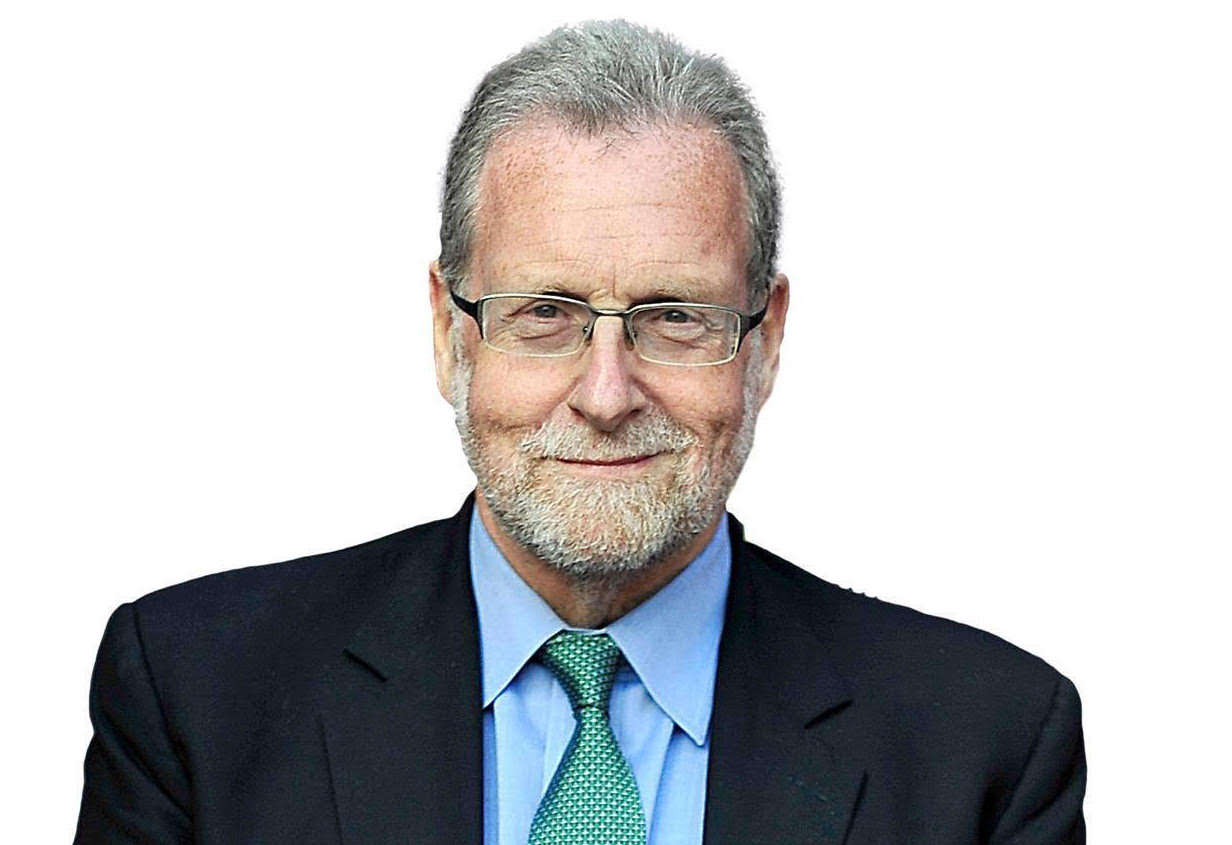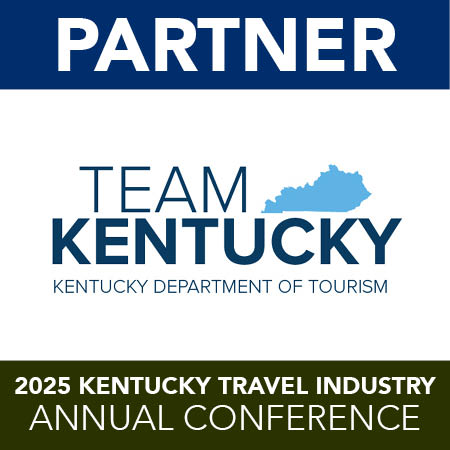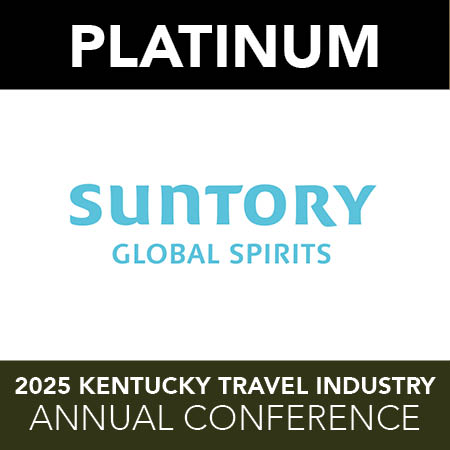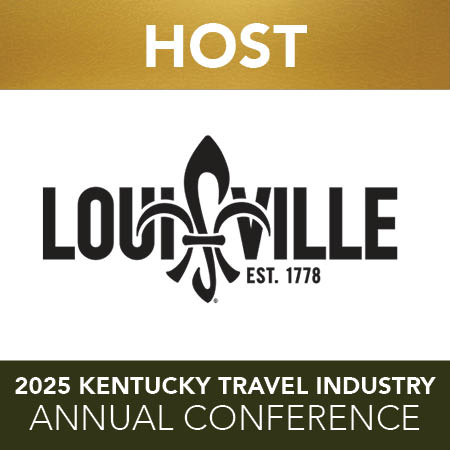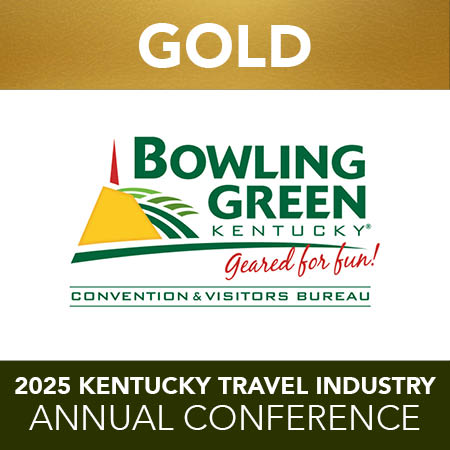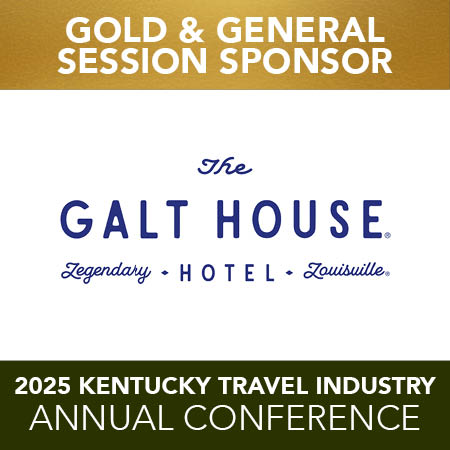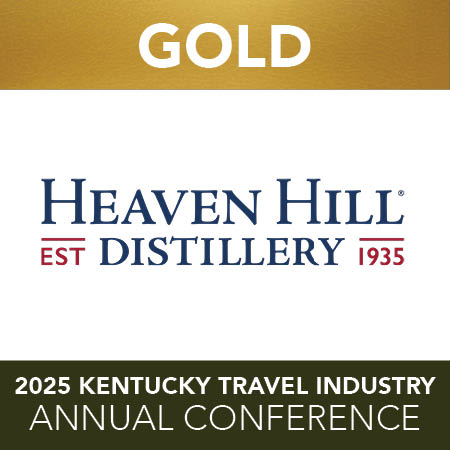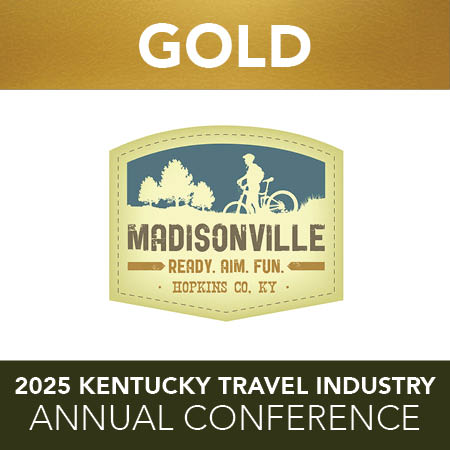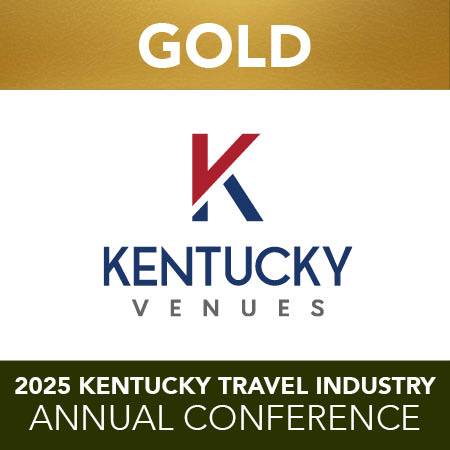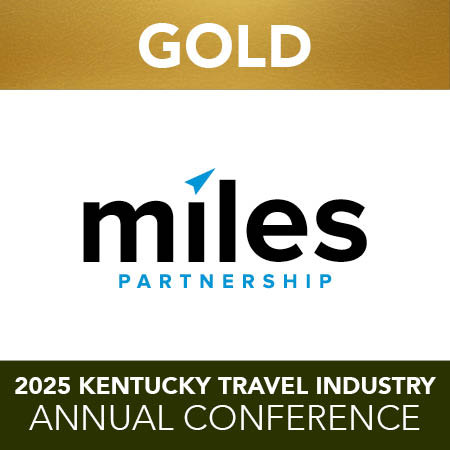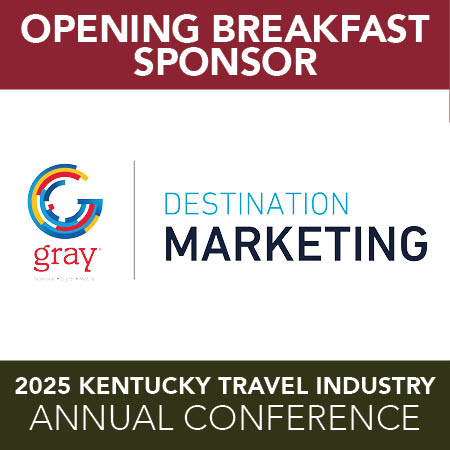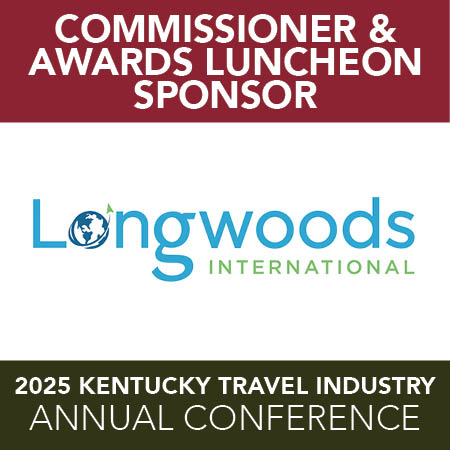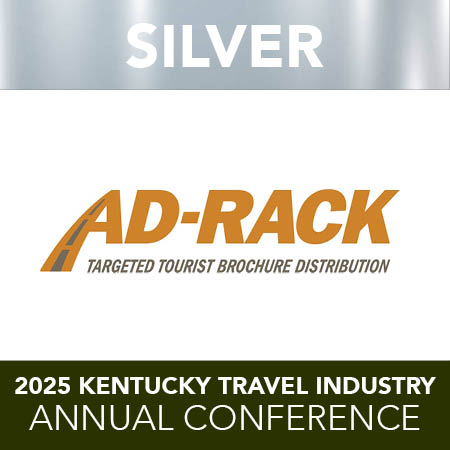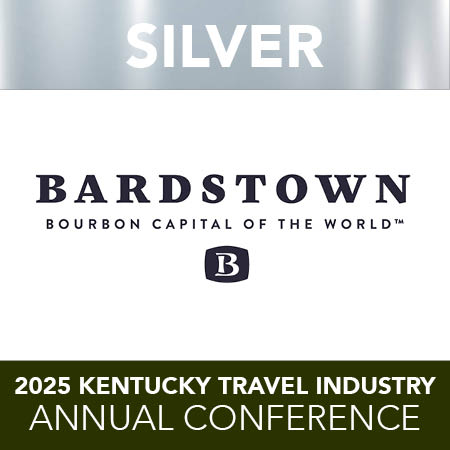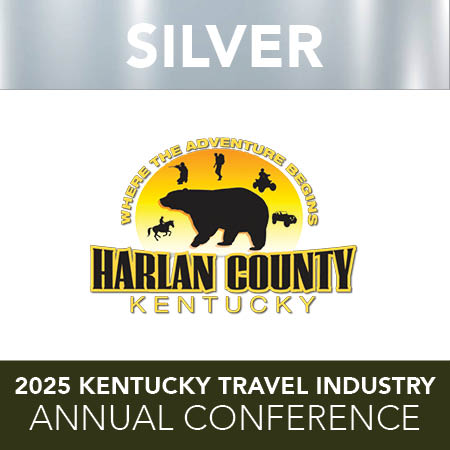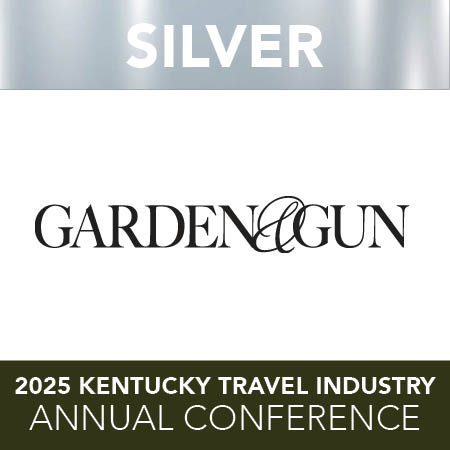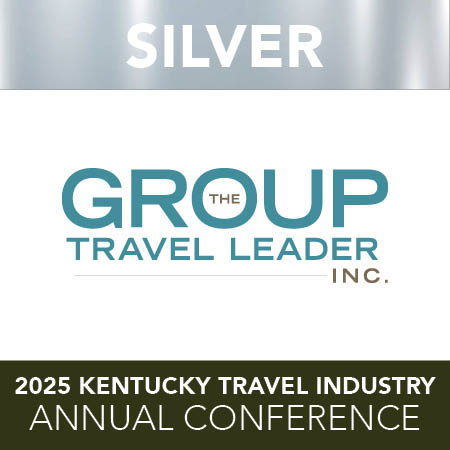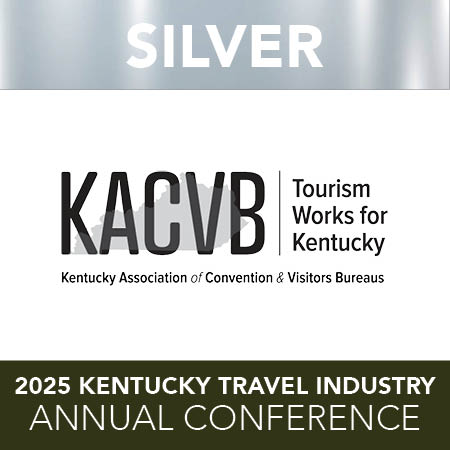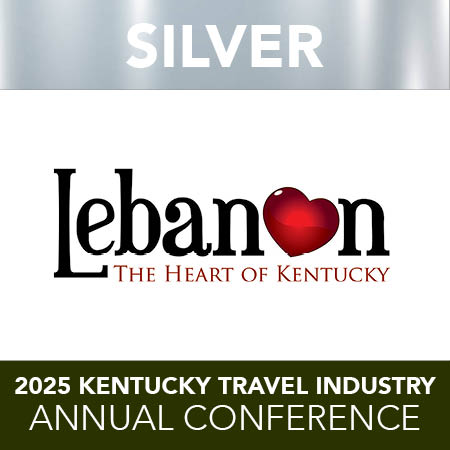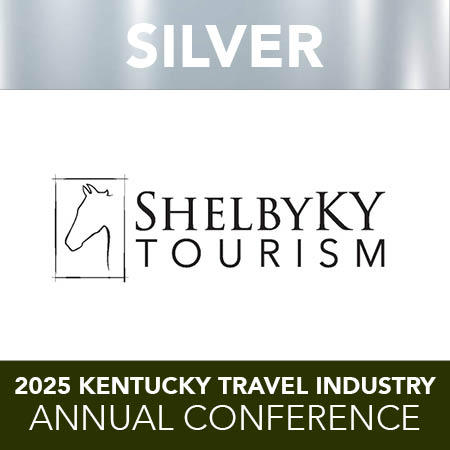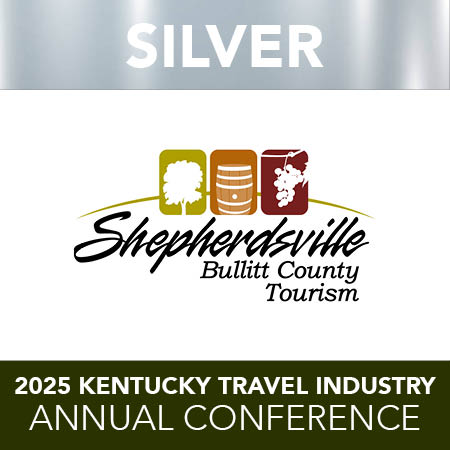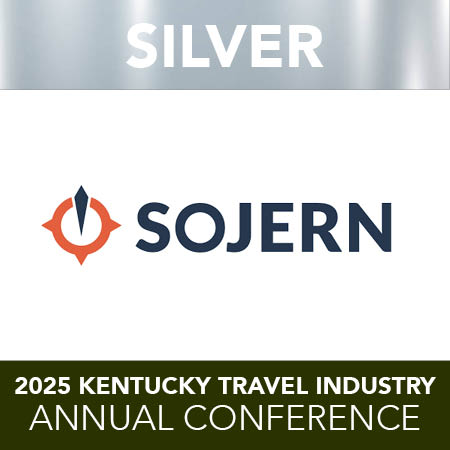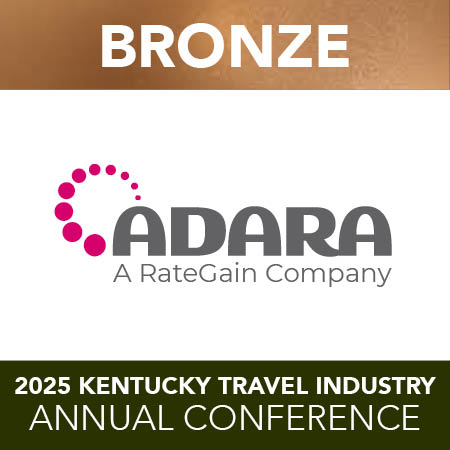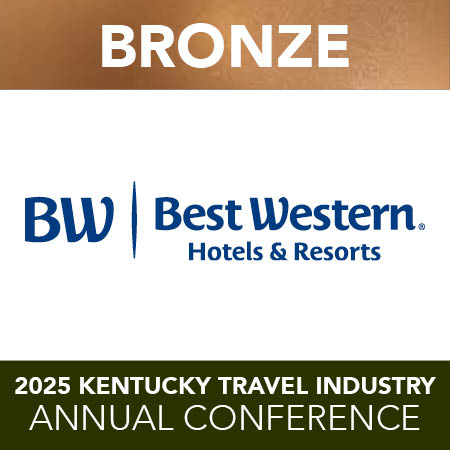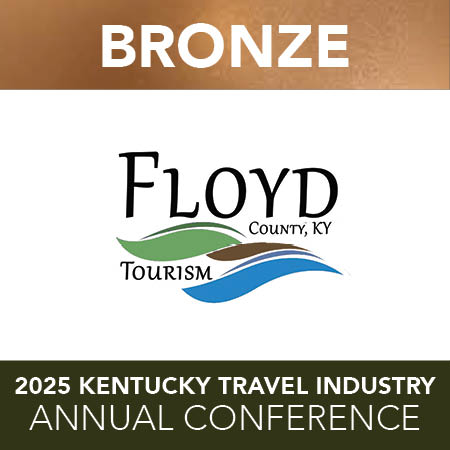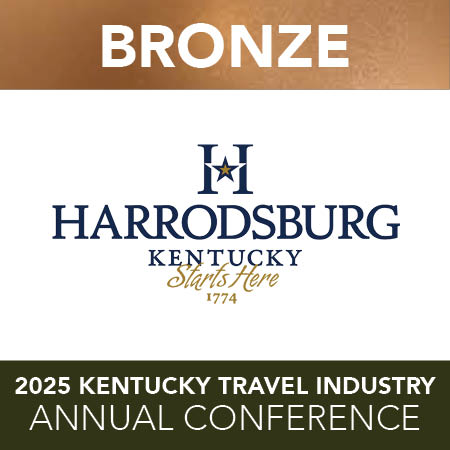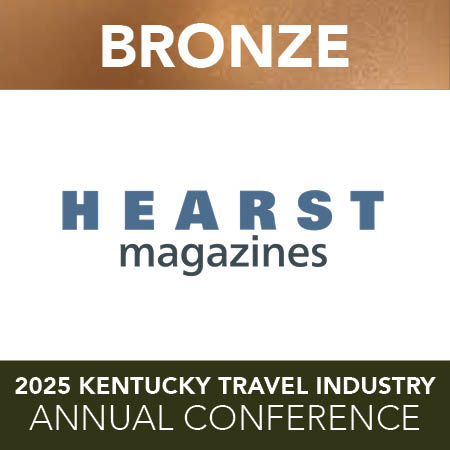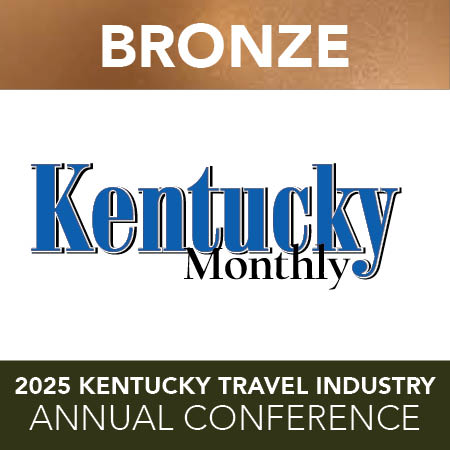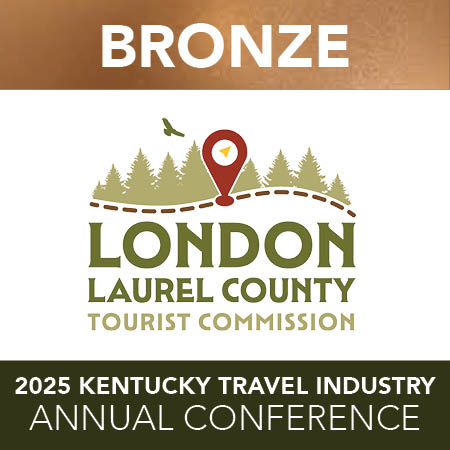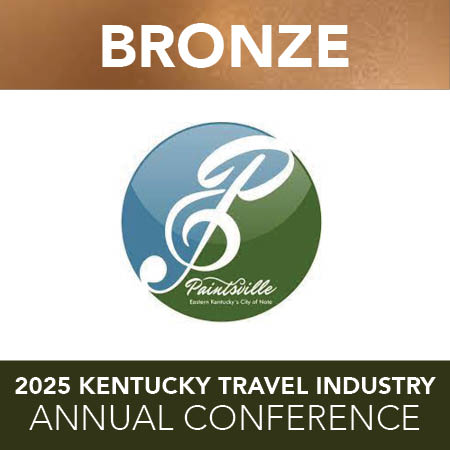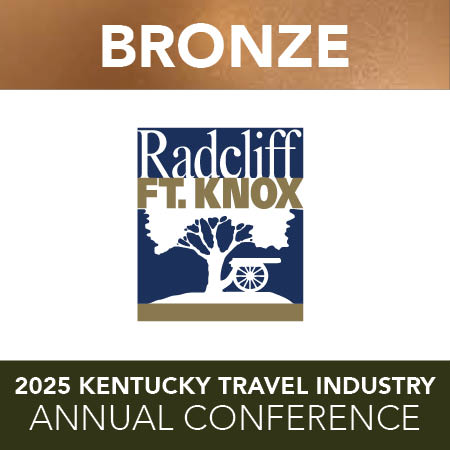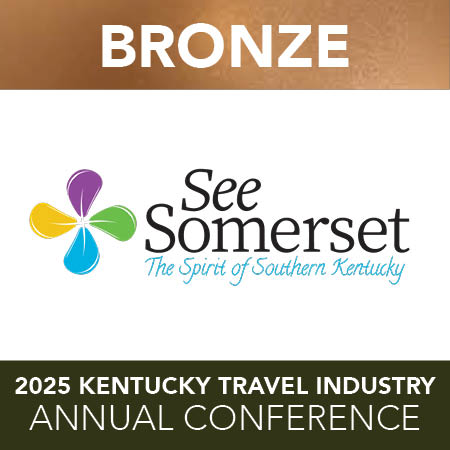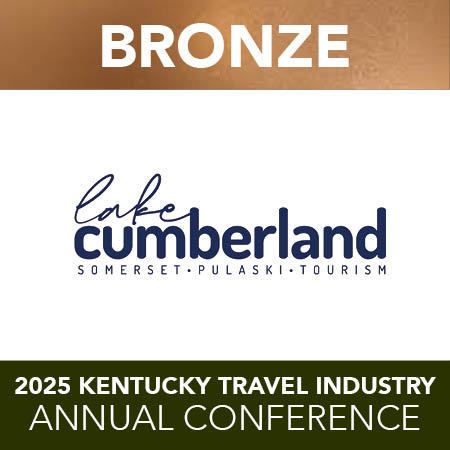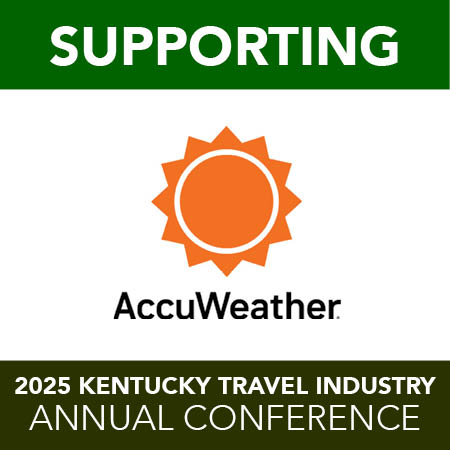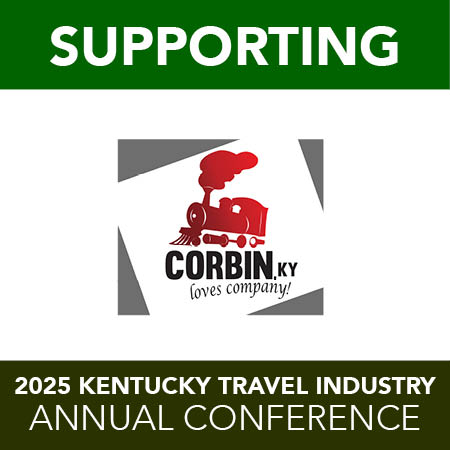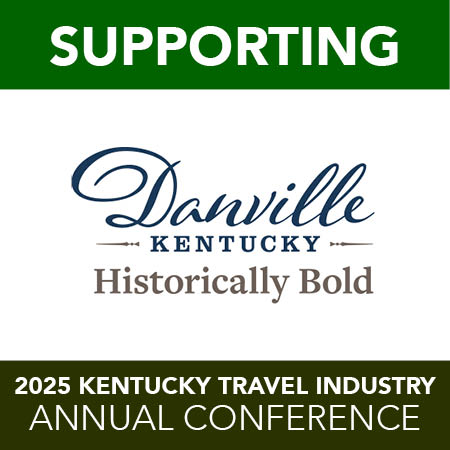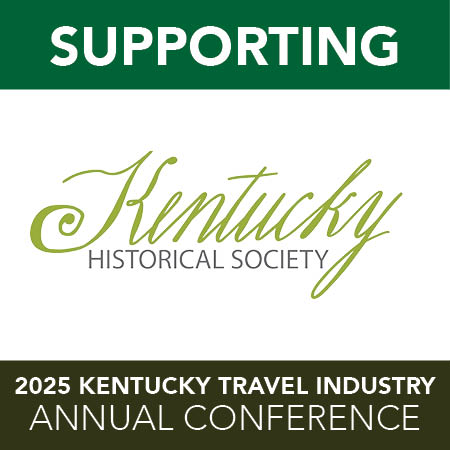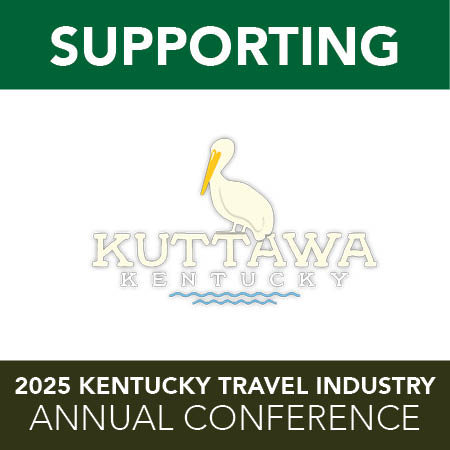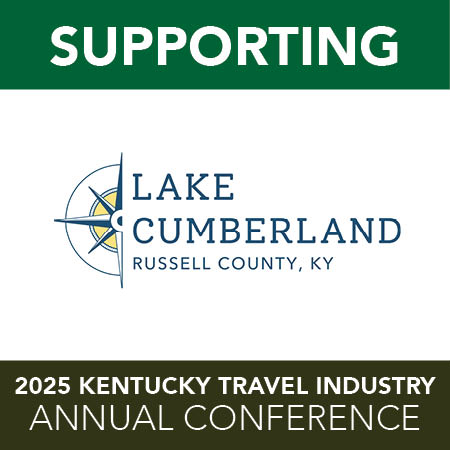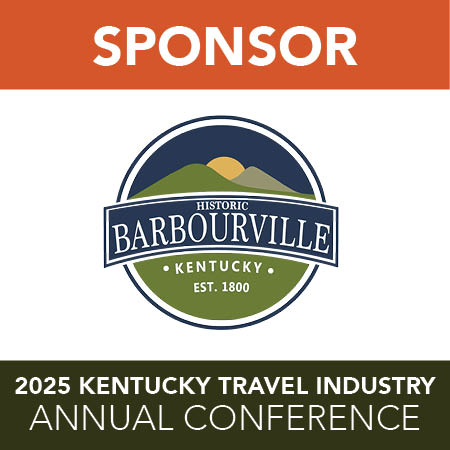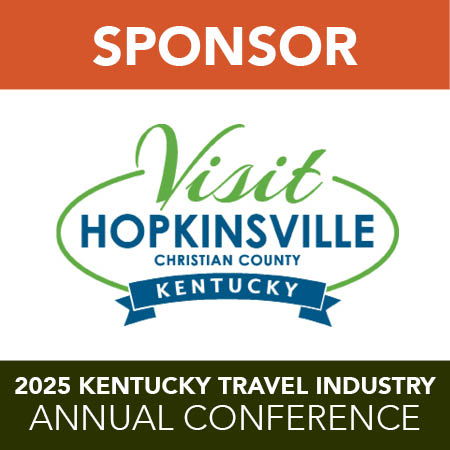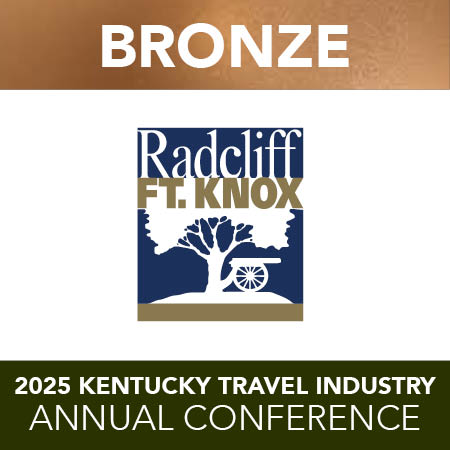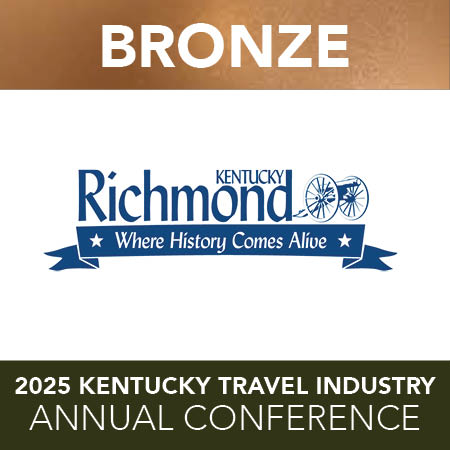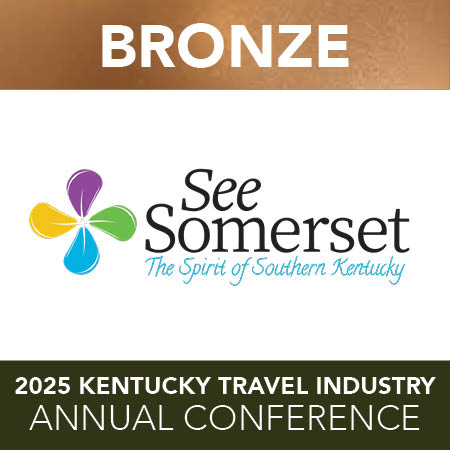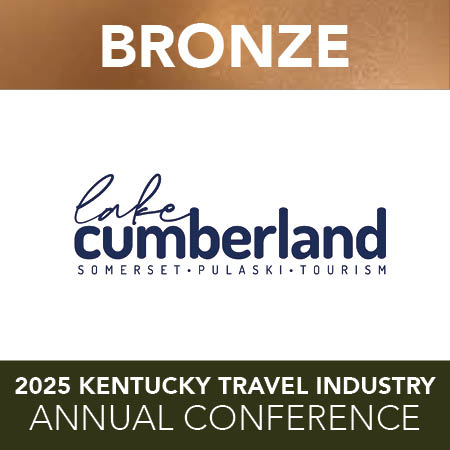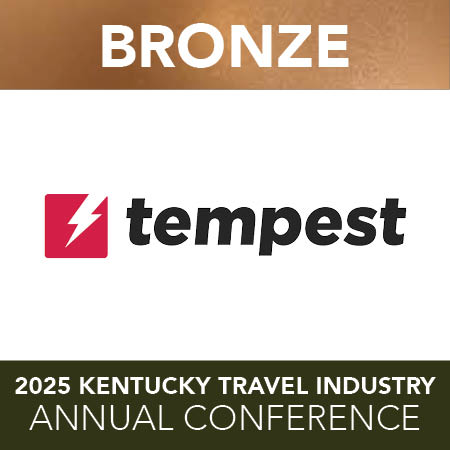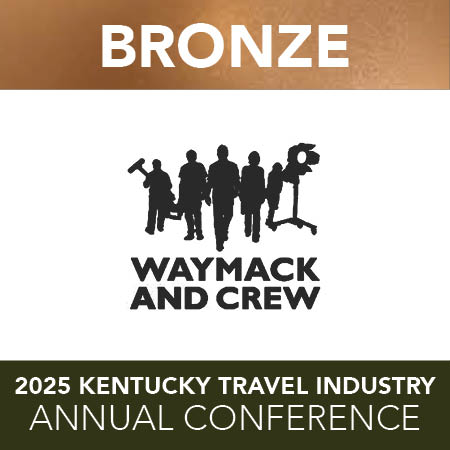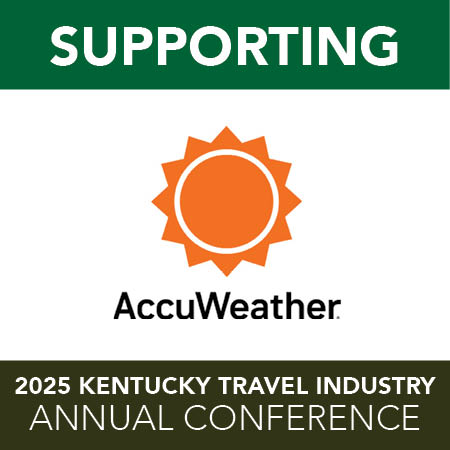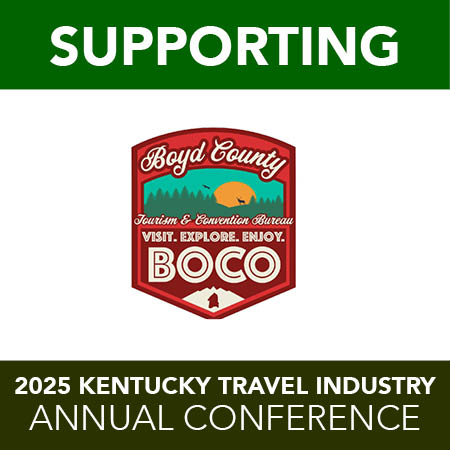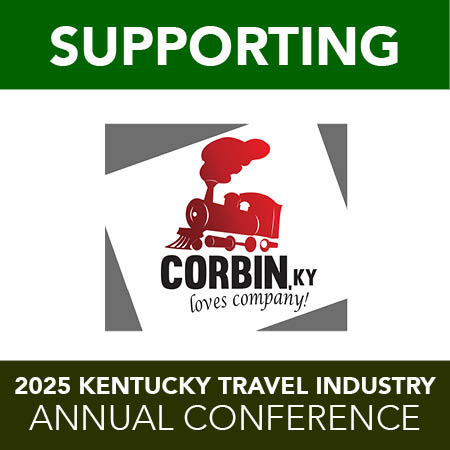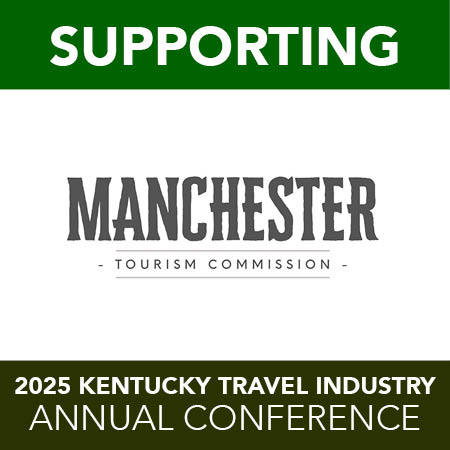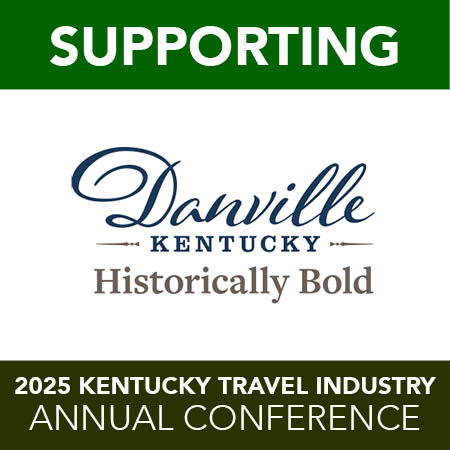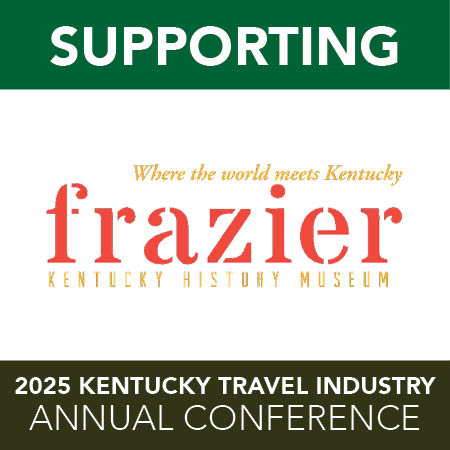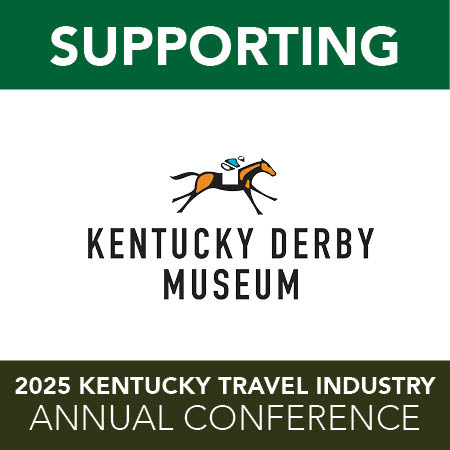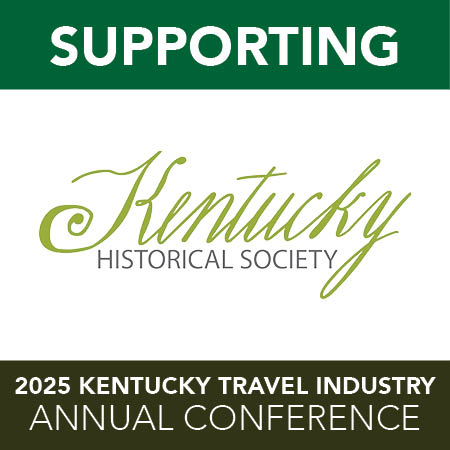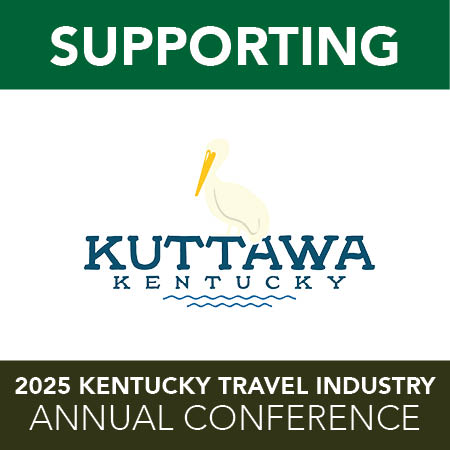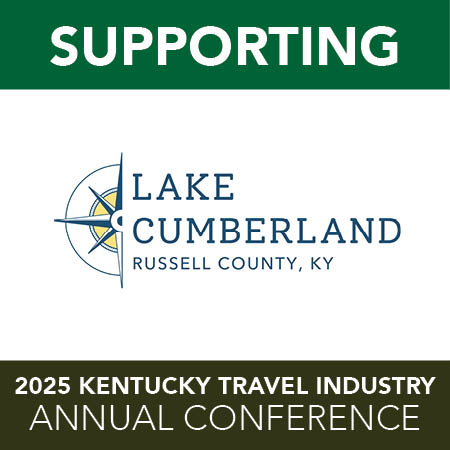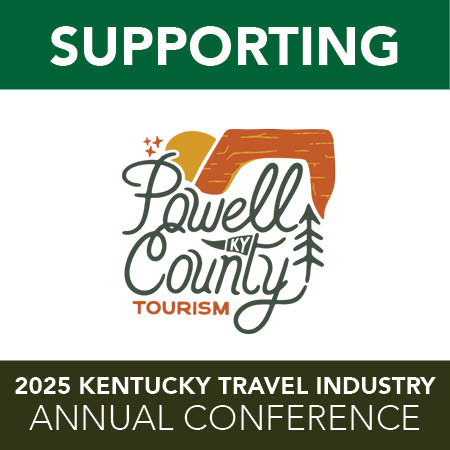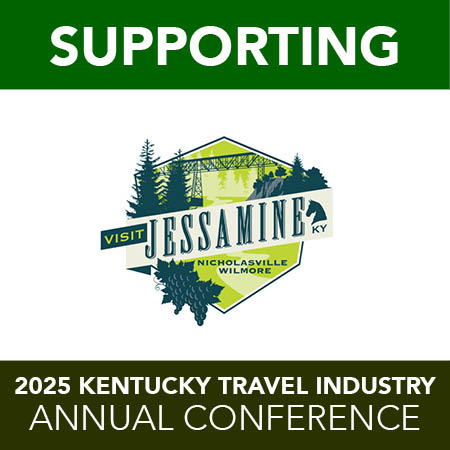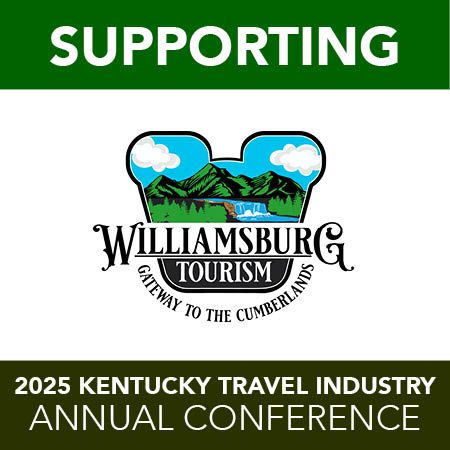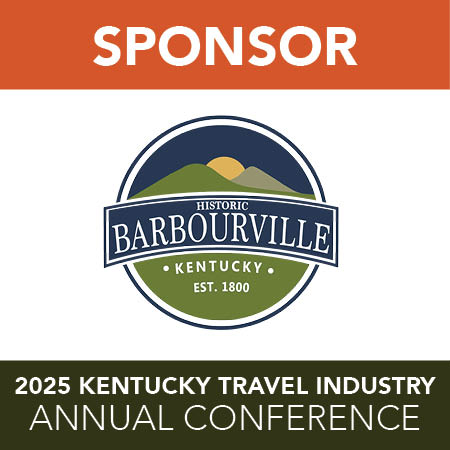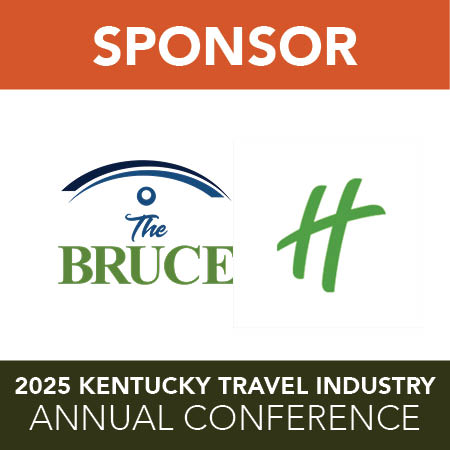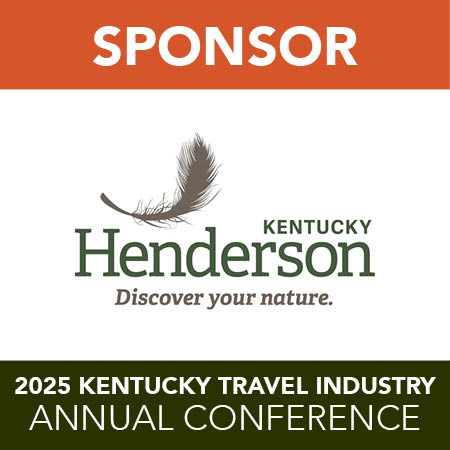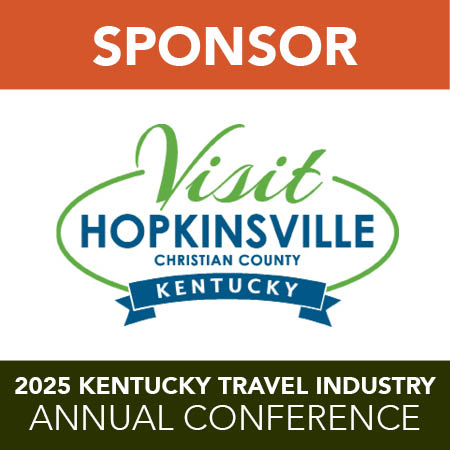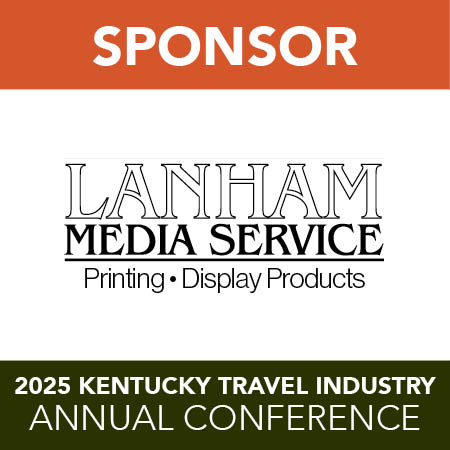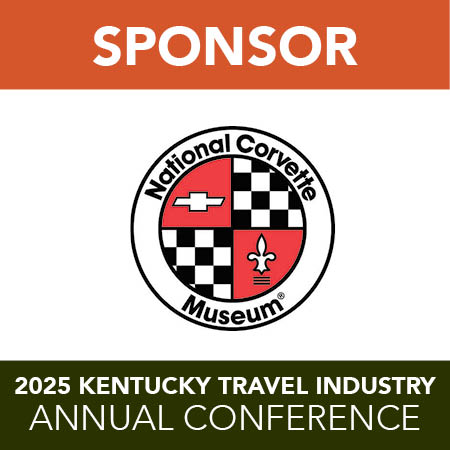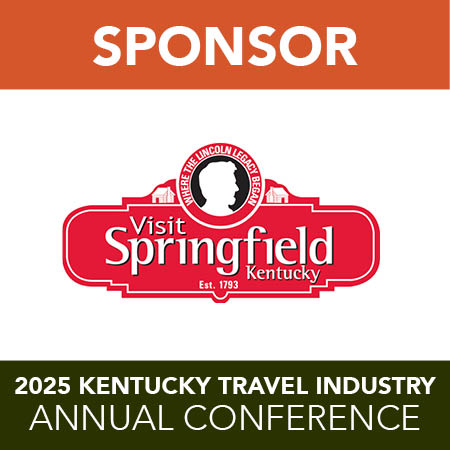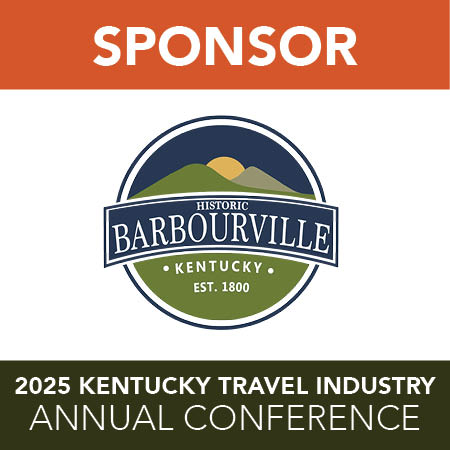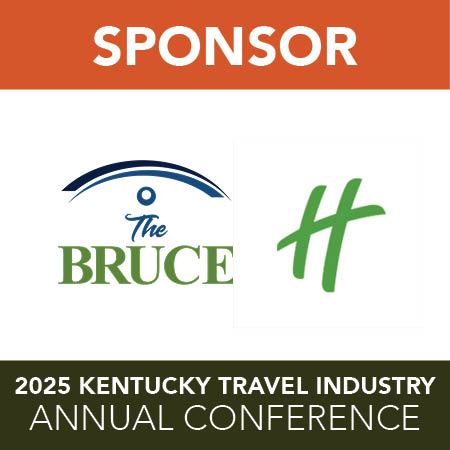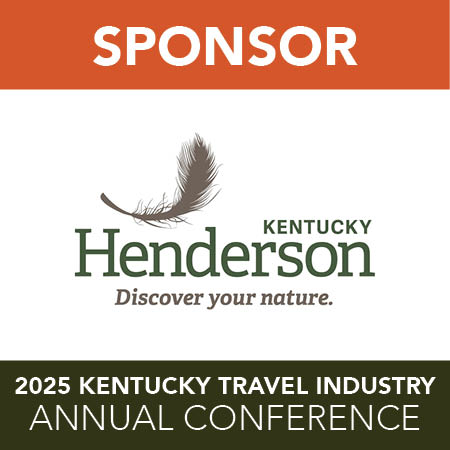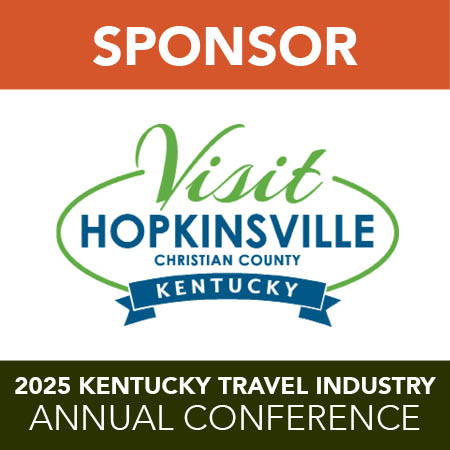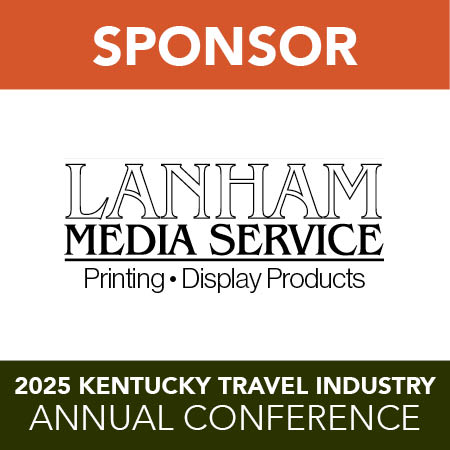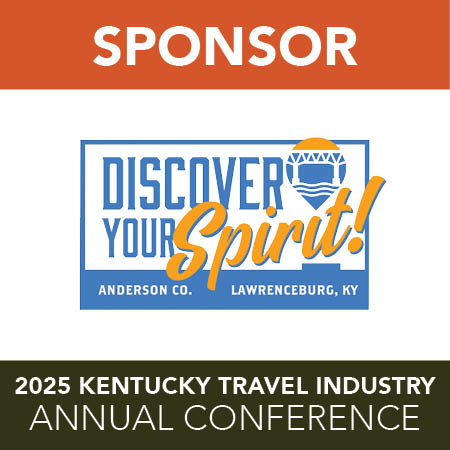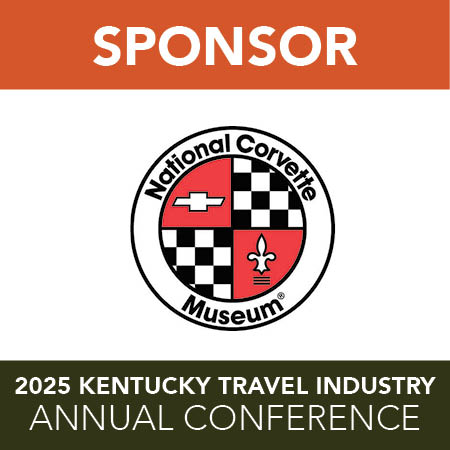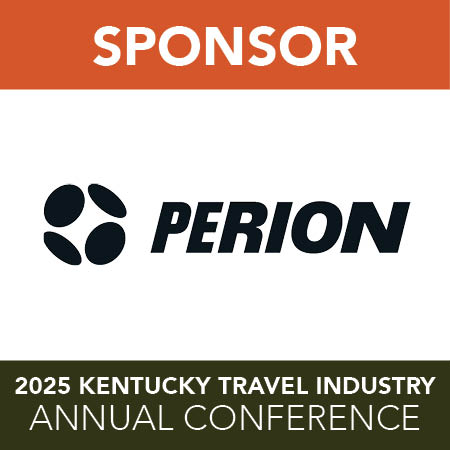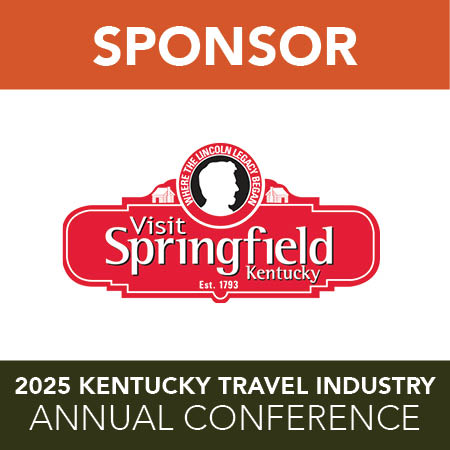|
KTIA JOURNAL OF TRAVEL & TOURISM
FEBRUARY 2021
CBS News Travel Editor Peter GreenbergA multiple Emmy-winning investigative reporter and producer, Peter Greenberg is America’s most recognized, honored and respected front-line travel news journalist. Known in the travel industry as “The Travel Detective,” he is the Travel Editor for CBS News, appearing on “CBS This Morning,” “CBS Evening News” and “CBS Sunday Morning.” And his national “CBS EYE ON TRAVEL” radio show is broadcast from a different location around the world each week. The consummate insider on reporting the travel business as news, Greenberg hosts the public television show “The Travel Detective with Peter Greenberg.” The series offers 40+ half-hour episodes that seek to empower audiences with travel news, must-have information, insider tips known only to a select few, and hidden gem destinations not found in traditional guidebooks or brochures. Travel Weekly named Greenberg one of the most influential people in travel, along with Bill Marriott and Sir Richard Branson. He was inducted into the U.S. Travel Association’s Hall of Leaders for his contributions to the travel industry. Among his other honors, Greenberg received a News & Documentary Emmy Award as part of the NBC News “Dateline” team for outstanding coverage of a breaking news story, “Miracle on the Hudson.” Greenberg began his career in journalism as West Coast correspondent for Newsweek in Los Angeles and San Francisco. He won a national Emmy Award for Best Investigative Reporting for the ABC “20/20” special on the final orphan flight out of Vietnam, “What Happened to the Children?” He also is the recipient of the Distinguished Service Award in Journalism from the University of Wisconsin, and an Excellence in Broadcasting Award from the Aviation Space Writers Association of America. And when he is not reporting all over the world, Greenberg is an active volunteer fireman in New York. KTIA: Continuing uncertainties are clouding industry crystal balls. As one of America’s most recognized and respected travel journalists and experts, what does your crystal ball tell you about the industry’s recovery this year and beyond? Well, for starters, let’s be honest, I think my crystal ball is broken. I think it’s shattered (he says with a laugh). There are no hard and fast predictions, except to know that there’s tremendous pent-up demand for people to travel. The question is: Will we be able to do it responsibly? Can we do it responsibly? And then, where can we physically go and where can we physically not go? What’s going to happen in the next 12 to 18 months if I were to have a crystal ball, and it wasn’t shattered, would be to look at the intersection between the gradual widespread dissemination of vaccines, the development of rapid response reliable testing and, of course, that pent-up demand for travel all happening around maybe May 1st to May 15… in that window. Then, you’re going to see a measurable increase in travel. Nothing near 2019 levels, but certainly measurable. You’re going to see it within the 48 continental United States. It’s going to be driven by leisure travelers, not business travelers. Meetings and conventions are essentially dead on arrival until the end of 2023, maybe early 2024. Not because people don’t want to go, but because historically they’re booked two to three years in advance, and those patterns really haven’t changed. Now as for international travel, that’s a different ballgame, and you’re going to see there’s one more thing that it’s dependent on (and that also involves cruise ship travel). (It’s) dependent on the development of a universally acceptable, universally readable and difficult to forge vaccination document or a vaccination passport — proof of vaccination. You’ll see airlines start to require it before they let you on the plane. You’ll definitely see cruise ships require it before they’ll let you even book a cabin. They’ll take the lead even before governments do. And once you have a document that everybody is going to accept, the question then becomes how do you manage it and then how do you enforce it? And then once that happens, and let’s not kid ourselves, we'll have a challenge in communicating to folks that just because you got vaccinated doesn’t mean you’ve been liberated. You’re still going to be wearing a mask for at least the next year to 18 months, and you’re still going to get tested more than once. That’s what we’re going to have to live with, and we’ll get used to it like we take our shoes off at (airport) security checkpoints. But that’s the reality that we’re living in, that we’re going to have to live with. When travel comes back, you wait and see. It will be led by the low fare airlines, and right now, whether we want to admit it or not, every airline is a low fare carrier because nobody is flying. But the real low fare leaders have already shown their cards in a very surprising way. At a time when nobody is really traveling, Frontier Airlines has announced 19 new routes. Sun Country has announced 16 new routes. Allegiant… new routes. Spirit… new routes. And, then, the real surprise is Southwest. Because even in a normal, pre-pandemic year, the most number of new routes that an airline like Southwest had ever announced was maybe one. They’ve already announced 12. They’re flooding the zone to get ready for the second quarter. KTIA: Although the current travel industry crisis is unprecedented, are there lessons to learn from past crises? Yes, and a big one. Let’s go back to 9/11. Immediately after 9/11, the travel industry assembled focus groups. I hate focus groups because they’re asked loaded questions designed to give the person who is asking the question a self-serving, one-dimensional answer. More often than not, focus groups prove nothing. Because they either don't ask the right questions, or even worse, they don't ask the essential follow-up questions. So immediately after 9/11, what was the question they asked the focus groups? ‘Will you be traveling the rest of this year?’ And, of course, the answer was no, are you kidding me? But they forgot to ask the second question, and the second question was a key one: Do you want to (travel)? And the answer was, oh, God, of course I do. But the travel industry had not done their homework. They weren’t prepared and they didn’t give the American public their security blanket. They didn’t give them their blankie, if you will, and they didn’t tell them how they could travel. So there was a lag period there of six months in which the industry took an even bigger hit despite the pent-up demand. Now, what lessons did we learn from that: Where is the security blanket? Have we applied those lessons now in the wake of the pandemic? Not necessarily. Look what just happened last November and December. Even though the CDC told people not to travel, they did so anyway… in larger numbers. But here’s the interesting departure in interpreting this: Were they traveling to see Granny? They weren’t. They weren’t going to visit family. They were traveling because they wanted to go anywhere. They just needed to get the hell out of town. So the lessons that have not been learned, or at least have not been applied, is what is the travel industry doing to give the traveling public their blankie? And it’s actually quite simple… and this is where focus groups truly fail. It’s not what people are talking about. It's what they're thinking about. And what people are thinking about is: I really want to travel, but I don’t want to go somewhere and get stuck and not be able to come home. Well, how do you deal with that? How do you anticipate that? How do you adjust for that? And the way you do that is by figuring out what will give them the security to know you’ll get them home before they ever leave home. So, it’s a combination of insurance companies actually writing policies that have value and that don’t have exclusions, and it’s a matter of the travel industry (hotels, resorts, airlines) creating an environment in which you’re protected once you get there. For example, right now in Mexico, there are a number of resorts that are saying to their guests if they want them to come there: ‘Please come and visit us. Oh, and by the way, when you get here, we’re giving free COVID-19 tests and should you test positive, we’re going to put you up at our expense for 14 days, along with your significant other. It’s all on us.’ Now, here’s the interesting thing. How many people are testing positive at those resorts offering this deal? Not many. But the idea that if you did, you’d be protected is enough to move the needle. Remember, the true definition of luxury travel is when you get to keep your options. It’s all about keeping options, not whether you’re going to use them or not, but just knowing that you’ve got them. The lesson that needed to be learned from 9/11, which is being slowly learned now and slowly applied, is to deal with that security blanket and don’t wait for governments to do it, because governments move slower than anybody. There’s one more lesson at the state level. Why shouldn’t Kentucky be the first state in America to offer that security blanket for people just traveling within the United States? People would show up in a heartbeat because they’ll go, ‘I can be safe there and they’ve got my back.’ All the states have considered are mandatory quarantines. Even if that doesn't happen, the messaging is strong: It sounds like you’re being sent to prison. Why not say: Please come and visit us, play by the rules, and if something happens, we’ve got you covered. If you want to be in the Infield (at the Kentucky Derby) singing “My Old Kentucky Home” and sipping that Mint Julep, then you better understand that the timing of this messaging is critical. KTIA: Please share your perspectives about pent-up travel demand. Is it real or wishful thinking? And if real, what will it look like when activated? It is definitely real because travel is part of our cultural DNA. It’s not that we just want to travel, we need to travel. It’s just part of our make-up. So it’s not a question of when we’re going to travel or where we’re going to travel, or even if we’re going to travel. It’s how we’re going to travel. It’s a two-way street. You’ve got to give people a reason for traveling, other than the fact that they have a pent-up demand. We’ve gone beyond bucket lists now… way beyond bucket lists. The pandemic, whether we planned it or not, and trust me we didn’t plan it, has forced us in the best possible way to rediscover our own country — either by car, RV, train, doing a one-tank trip (for example, going somewhere and back in less than 300 miles and one tank of gas). All the communities we took for granted, or just drove by, now we get to stop. Now we get to walk. Now we get to learn. The upside to all of this is (to) take a look within 60 miles of where you live right now, and I guarantee you there’s at least 200 things you don’t know and 200 stories waiting to be told. What states like Kentucky can do… it’s a no-brainer. First, introduce your own citizens to where they live. And then, invite your visitors in, because when they come in, the people who live in Kentucky become your storytellers. And then all of a sudden, it all comes alive. KTIA: The rebound of the meetings and convention market may be as challenging as it is important. Beyond this year, what longer-term implications do you see for that market and generally for business travel? For example, will virtual meeting conditioning of the last several months result in fewer in-person gatherings in the future? In the short term, the answer is yes. In the long term, I totally disagree. The reason for that is this: If I’m the IBM corporation and I’m one of the marketing guys and I want to talk to the parts guys, alright, Zoom away. But if I am the IBM corporation and I want to sell Christa a mainframe computer, I’d better go see Christa, or I better go to a meeting and convention in which I can display my computer to Christa. There’s going to be the tipping point… right now you’re dealing with corporate travel policies based on liability and fear that will not allow anybody to travel. It’s just the way it is. Nobody wants to be first on their block to go against the grain and travel. But when it comes to sales and marketing, within the next six months, all you need is one Fortune 500 corporation and their sales team to hit the road and everybody will start hitting the road because nobody wants to be left out. And that’s it. It’s face-to-face, eye-to-eye contact. So in the next six months, nothing is going to be happening, and then, it’s going to turn and turn quickly. It reminds me of a story that’s told by Ernest Hemmingway, in which a friend of his comes up to him one day and says, ‘Ernest, I’ve got a real problem I’ve got to share with you. I lost all my money. I’m bankrupt. I’m penniless.’ And Hemmingway says to him, ‘Well, how did that happen?’ He says, ‘Well, slowly and then suddenly.’ Well, that’s the reverse of what’s happening in the travel industry. We’ve been dead for a year, and then, fasten your seatbelt. It’s going to roar on back because nobody wants to be left out. It’s all predicated on vaccine distribution. It’s predicated on testing. And, it’s predicated on corporations then realizing that their liability has been mitigated and they can feel comfortable in letting their executives travel. KTIA: You’re known as the “Travel Detective,” so we’d love to know what “clues” you would offer a destination like Kentucky in making sure the state is top of mind for visitors as travel rebounds. Please include what you see as our post-pandemic destination assets and liabilities. Let’s start with the bad news first… your liabilities. You need to get out of the brochure mentality. You need to take every brochure that you produce and burn them (by the way, every state has to do that). Because along with a brochure comes a brochure mentality. It comes with brochure language. Every word ends in “st” — greatest, best, most, finest, loveliest. We’re smarter than that. Stop it. Don’t Photoshop the pool. Don’t food style the pictures. Don’t show me women who look like supermodels holding a wine glass at the pool. It ain’t gonna cut it. 99.9 percent of the travel decisions are made by women and 99.9 percent of those women are not supermodels. Having said that, don’t destroy your assets by that brochure mentality. You’ve got great assets. I’ve had the opportunity of coming to Kentucky probably 100 times and I’m just scratching the surface. And I’m not just talking about Louisville or Frankfort. Two months ago, I came out to the airport in Cincinnati, which of course you know is in Northern Kentucky. I also happen to be a fireman here in New York, so what did I do? I spent the day at the airport with the fire department… learning how they fight fires there. To me, that’s one of your biggest assets in Kentucky. It’s your fire departments. Where do I go when I go to a new city or a new town, or even if I’m returning when I want information? I go to the firehouse. You know why? They’ve been in everybody’s house. They’ve been in everybody’s hotel. They’ve been in everybody’s restaurant. They know where to go and they know where not to go, and unless the alarm is clanging, they can’t wait to tell you those stories. They’re not used as the asset that they should be. They’re your best ambassadors… they’re the best storytellers. They know exactly what’s going on and nobody talks to them. It’s unbelievable. KTIA: Whether as a lauded travel expert, or just an avid traveler, what have you personally learned from the crisis? Without getting into politics, I’ve learned how stupid so many of our leaders are. I pride myself in all of my reporting to always seek out common ground, not to mention, common sense. What the pandemic should have taught us from day one is how to embrace and then act on common sense. And coming out of this now, I think more of us than less of us realize that might be the way to go, and that’s the way we want to approach our travels from now on… to behave responsibly, to behave humanely. It’s not a war. It’s not political. It’s basic common sense, and the beautiful thing about travel is that travel actually leads to common sense. Travel leads to common ground. It leads to conversation, and this is a moment in our history which begs for conversation, which begs for common ground. And that coming out of all of this will be a very good thing. KTIA: How do you reconcile public health and mitigating the spread of the virus with the competing considerations of travel and the economic viability of the industry? Well, without common sense and science, you won’t have an economy. When you put the economy first and you ignore the science, how fast do you lose the economy? Bye-bye. The more you band together, follow the science, behave accordingly, the faster you turn the corner and the faster you lead by example to the rest of the world. You become an attractive destination simply because you embraced the priorities. Look, where would you rather be right now, and by the way, I am just picking this state at random. Would I rather be in maskless Florida or in New Zealand, where they’ve had virtually zero deaths and remarkably few cases because they got their act together? Wake up, learn your lesson, apply it, and the faster we do that, the faster everything turns around. Our life is not a 23-minute sitcom. The credits don’t roll and we don’t win the girl at the end of the movie. However, if you want the credits to roll and you want to live at the end of this movie, and you want to prosper when the credits roll, then follow the intelligent script. KTIA: Whether during normal times or crisis related, with the messaging by advocates to legislators and policymakers about the importance and needs of the travel industry, what do you view as the most compelling points? Are there any that the industry makes that you believe miss the mark? Sadly, the majority of state legislators in this country need to be taken out for re-education. They don’t get it. They still don’t understand the power of travel, the economic power of travel, and to make matters worse, their financial models are broken. You can’t think that you can just blindly fund a travel industry with hotel taxes. It doesn’t work. We know that now. There’s not a DMO in the country that’s not suffering because of that. The legislators need to know that you have to figure out a different way to fund an industry that doesn't depend on heads in beds. Because when you fund it properly, what you get in return versus what you have to spend, is exponential in return. But you have to be able to have the funding first. And if they don’t do that, then these lawmakers are not living in the state of Kentucky delusion. They are living in the state of delusion. KTIA: What is the best personal trip you’ve ever taken and why? It’s a pretty easy answer, actually. I travel normally about 420,000 miles a year. My great trip is when I get to go home (Fire Island in New York) because I’m not home that often. But when I get there, it's where I get to relive my youth, my freedom and my innocence, and that’s the power of home. And once I feel that, I don’t like to give it up very often. (Fire Island) is where I spent all my summers. That is an island that is 32-miles long. It never gets more than a third-of-a-mile wide. Other than emergency vehicles, there are no cars. You only get around by bicycle, walking or swimming, and once you cross the bay to that island, your heartbeat and your pulse drops. You fall asleep almost instantly because the air is so clean. It’s also where I sleep the best. I will throw this out there for everybody. Where you sleep the best turns out to be where you think the best, turns out to be where you create the best, turns out to be where you love the best. And if you can then celebrate and recreate your youth, innocence and freedom, that’s home. Everybody knows at least one place in their life where they sleep the best. And no matter where else you travel, you’re always striving to find that place again. KTIA: Are there any other tips you would like to share? The only other thing I would say, and it’s from an economic point of view, is that to get your story out there, throw out the editorial calendar. Burn it. Those days are over. You need to spend as much time as you can now to get ready to get ready, so that when the timing is right, you’re out the door. You’re ready to go. Anytime you’re given an opportunity for a committee meeting, ignore it. Think creatively… and the time to think creatively is when you are in the most danger. That time would be now. |

